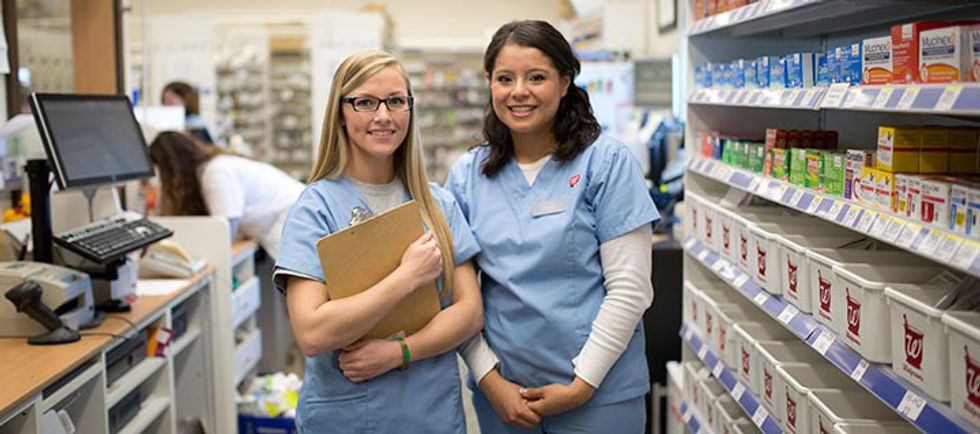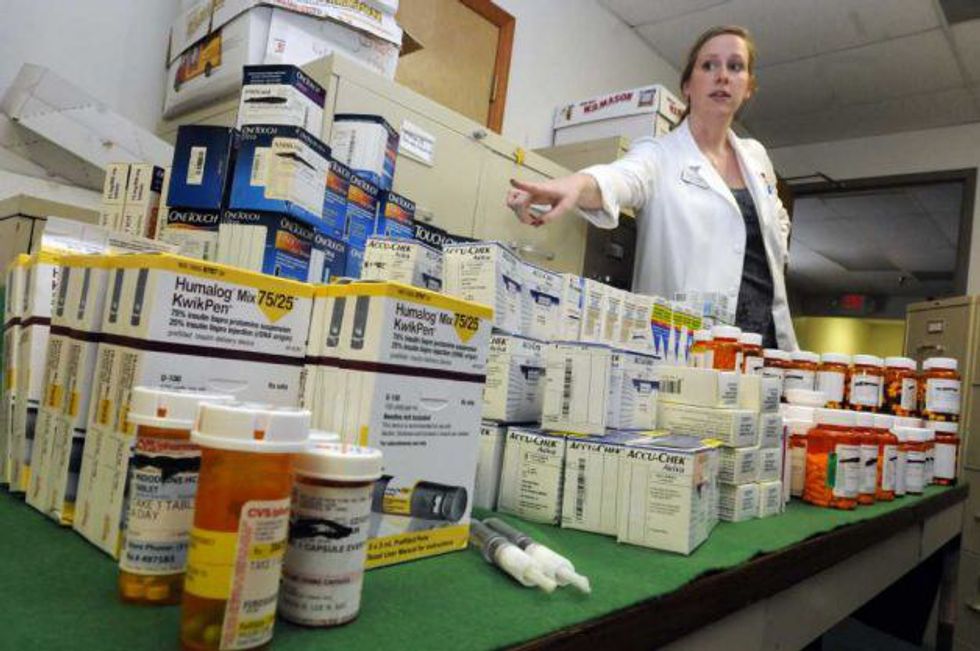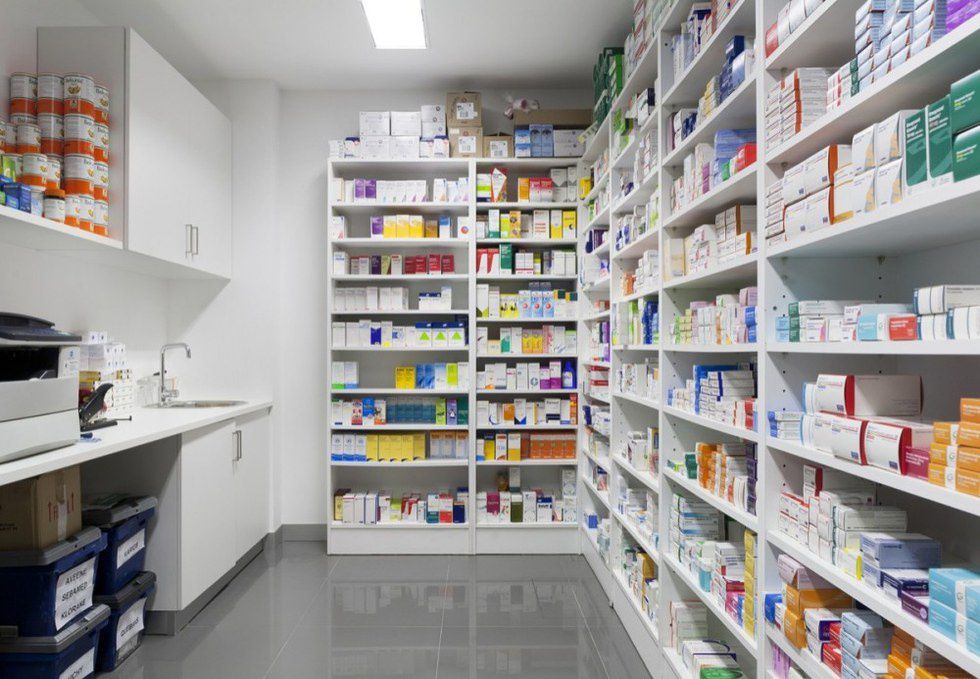At some point in your life, you're going to get sick or injured and a trip to the pharmacy is just necessary in order to start the healing process. Going for the first time by yourself while you're in college can kind of be nerve-wracking if you've never been before. Luckily for you, I'm here to give you the scoop on how a pharmacy works. Being a pharmacy technician myself, I'm here to tell you what I wish some of the patients that I've worked with knew.
1. You need to be registered in the system before we can fill your medication.
Every patient has a profile in a central computer system at every pharmacy chain. This stores all of your information in order to contact you, your medical information (allergies & health conditions), insurance information, and medication history at that pharmacy to ensure that everything goes through smoothly and safely without a hitch. You cannot just drop off your prescription and leave if you've never been registered at that pharmacy or pharmacy chain before. Most pharmacy chains have central computer systems that can connect to profiles from other pharmacies in that chain across the country.
2. Your ID number for your insurance card is not enough information to process it.
I've dealt with plenty of occasions where a patient will forget their insurance card and will think just handing me their ID number is enough to get it to process. Well, unfortunately, it isn't. Insurance companies will have several different insurance plans offered, so even though you have your ID and insurance company name, your insurance plan has it's own little code that has to be placed in the computer system as well. This is usually found using the RxBin, RxPCN, and RxGroup listed on your card. You will need all three of these plus your ID number in order for it to process smoothly.
3. There are many stages of processing a prescription before it can actually be filled. That's why it takes a while.
A prescription needs to be entered, typed, ran through insurance, be verified by a pharmacist, filled, and be verified by a pharmacist again before a patient can receive their medication.
4. Not everyone working in the pharmacy is a pharmacist.
In fact, most of the people working tend to be pharmacy technicians. In most states, technicians must be at least 16. Some will have state licences immediately after being hired without any testing or other conditions while in other states, technicians must work a certain number of hours before they may apply for their state licence. Within working for a year, all technicians legally need to be nationally certified by taking a national exam covering retail pharmacy, hospital pharmacy, pharmacy law, pharmacy math, compounding, and basic pharmacology. Other people working in the pharmacy may include pharmacy cashiers, who only ring out prescriptions and are not involved in the filling process and store managers because all store managers are required to be state certified and also eventually nationally certified.
5. Most pharmacies have a policy where only pharmacists can consult and make recommendations.
Don't worry, the technician isn't ignoring you. They just can't tell you what you need to know. Besides, you would probably rather have someone who went to pharmacy school for six years tell you what's best for your body anyway.
6. Pharmacy shipments only happen on weekdays.
If you have an uncommon medication prescribed that isn't normally carried in pharmacies, you'll probably want to ring in your prescription/try to request the refill early so that the pharmacy can order what you need. Most pharmacies don't receive shipments on weekends and there is usually an early evening cut off time for orders.
7. Delays don't occur because the staff is lazy-- it's because they're trying to ensure your safety and that you're paying the right price.
Any time you'll have a delay, it's generally because the pharmacist needs to contact the prescriber to clarify instructions on the prescription or to change the prescription due to drug interactions or allergies. It may also be because they are trying to solve your insurance issues so that you will be able to pay the minimum amount in the end.
8. If you wait too long to pick up your prescription, it gets put back to stock.
All pharmacies have this policy since it can't just sit in the ready bins forever. Usually, the limit in most pharmacies is about 7-10 days. This way, the medications can go to other patients who need it before it expires. Don't worry though, the pharmacy will have your prescription stored and will gladly refill it for you whenever you are ready to actually pick it up.
9. Pharmacies just follow instructions.
Pharmacies basically just follow the orders given by your doctor on the prescription in order to fill your medication and bill according to whatever your insurance company tells them to bill. They only deliver the medication to you as their job.
10. Some pharmacies do standing order prescriptions.
You'll have to ask your pharmacy specifically about this one. Under certain insurances, you can get a vaccine or emergency contraceptives completely covered under your insurance because some doctors agree to do standing order prescriptions at pharmacies. You just have to fill out a form and then the pharmacist generates a prescription for you under the doctor's signature and your insurance will cover it since you have a prescription.
11. Always carry an ID just in case.
Some medications legally require an ID written down on the prescription or stored in the system for your own safety because they tend to be subject to substance abuse. Make sure you always go the pharmacy with an ID or you can be legally turned away otherwise until you come back with it.



























